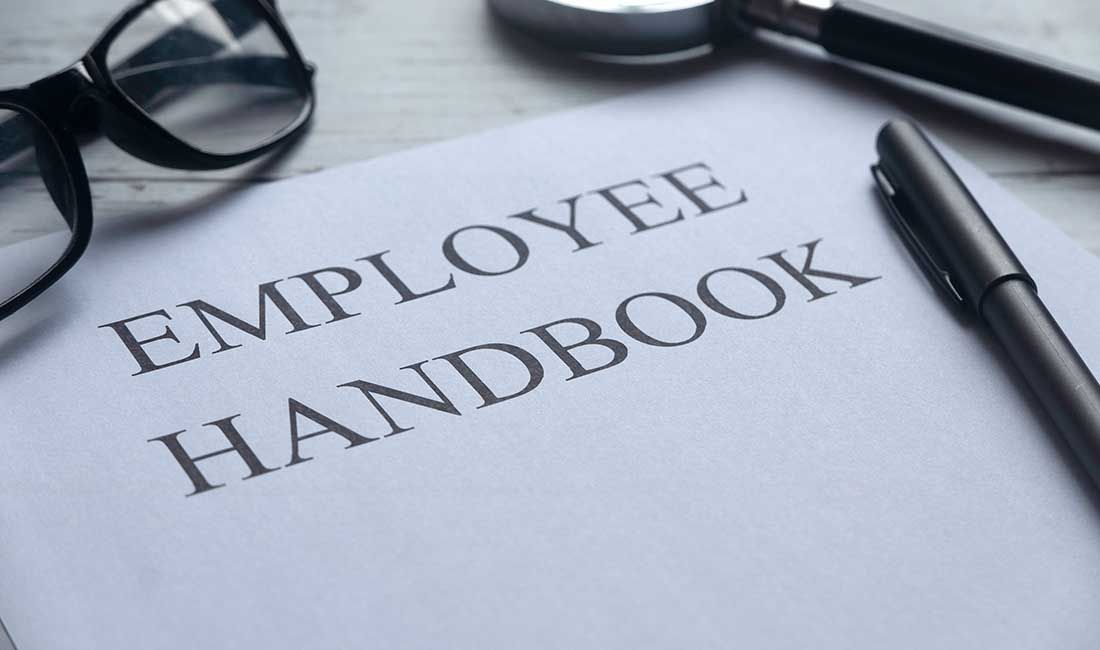Employment Rights Bill Update

| W.E.U Admin | Workplace Wellbeing
TAGS: Legislation
Posted by admin on 02/04/2025
Topics
- England Union
- English TUC
- Trade Union
- TUC
- WEU
- WEU Union
- Workers of England
- Workers of England Union
Introduction
Please read the debate, the House of Lords second-reading transcript and the fact sheet providing an overview of the Employment Rights Bill. We will keep you updated with the Bill’s progress and provide regular analysis. The WEU has long campaigned for many of the measures included in this legislation.
Bill Progress and Readings
The Employment Rights Bill completed its report stage and third reading in the House of Commons on 11 and 12 March 2025. It then proceeded to the House of Lords for further scrutiny, beginning with a second reading on Thursday, 27 March 2025.
View the Hansard transcript of the House of Lords debate here. Follow the Bill feed here.
Bill Details
Long Title
A Bill to amend the law relating to employment rights; to make provision about procedures for redundancies; to protect workers supplying services under public contracts; to impose equality duties on employers; to amend the Employment Agencies Act 1973; to establish School Support Staff and Social Care Negotiating Bodies; to amend the Seafarers’ Wages Act 2023; to implement maritime employment agreements; to reform trade union legislation; to enforce labour market laws; and for connected purposes.
Sponsoring Departments and Members
- Department: Department for Business and Trade
- Commons Sponsor: Jonathan Reynolds (Labour, Stalybridge and Hyde)
- Lords Sponsor: Baroness Jones of Whitchurch (Labour, Life Peer)
Current Version
HL Bill 81 (as brought from the Commons) – File dated 14 March 2025
Bill Passage and Stages
- House of Commons:
- 1st reading
- 2nd reading
- Committee stage
- Report stage
- 3rd reading
- House of Lords:
- 1st reading
- 2nd reading
- Committee stage
- Report stage
- 3rd reading
- Final stages
- Consideration of amendments
- Royal Assent
Factsheet: Employment Rights Bill – Overview
The Plan to Make Work Pay, developed through close collaboration with business and trade unions, is a manifesto commitment and a core part of the Government’s mission to grow the economy. Once implemented, the Employment Rights Bill will represent the biggest upgrade in employment rights for a generation.
Measures Contained Within the Bill
Family-Friendly Rights
- Day-one entitlement to Paternity Leave and Unpaid Parental Leave.
- Option to take paternity leave after shared parental leave.
- New right to unpaid bereavement leave.
- Six-month protection against dismissal for pregnant women and new mothers.
- Stronger day-one right to request flexible working, with employers required to explain and reasonably justify refusals.
Security and Fairness at Work
- End exploitative zero-hours contracts: guaranteed hours, reasonable notice of shifts, compensation for short-notice cancellations, with similar rights for agency workers.
- Ban on “fire and rehire” practices by treating contract-change dismissals as automatically unfair, except in genuine cases.
- Day-one right to claim unfair dismissal; introduction of statutory probation periods.
- Enhanced collective redundancy rights at 20 or more redundancies or under a new secondary-legislation threshold.
- Close maritime redundancy loophole for regular British port services.
Fairness, Equality and Wellbeing
- Stronger employer duty to take “all reasonable steps” to prevent sexual harassment and third-party harassment.
- Regulations to specify what constitutes “reasonable” preventive steps.
- Explicit protection for whistleblowers reporting sexual harassment.
- Mandatory gender pay-gap action plans and menopause support.
Fair Pay for a Fair Day’s Work
- Enhanced Statutory Sick Pay: removal of the Lower Earnings Limit and waiting period.
- Reinstatement of the School Support Staff Negotiating Body in England.
- Establishment of Fair Pay Agreements in adult social care (England, Scotland, Wales).
- Stronger tipping-policy laws requiring worker consultation.
- Two-tier workforce code for private-sector employees on outsourced contracts.
- Mandatory Seafarers’ Charter for UK-port regular services.
- Powers to align with international maritime conventions.
Modernising Trade Union Legislation
- Repeal the Strikes (Minimum Service Levels) Act 2023.
- Repeal most of the Trade Union Act 2016; introduce a 12-month mandate and 10-day notice for industrial action.
- Strengthen trade union access, including digital.
- Simplify union recognition and tackle unfair practices.
- New rights and protections for union representatives.
- Employer duty to inform workers of their right to join a union.
- Extended blacklisting protections via regulations.
- Simplified industrial action notice requirements.
- Protection from detriment for participation in industrial action.
workersofengland.co.uk | Independent Workers Trade Union


















